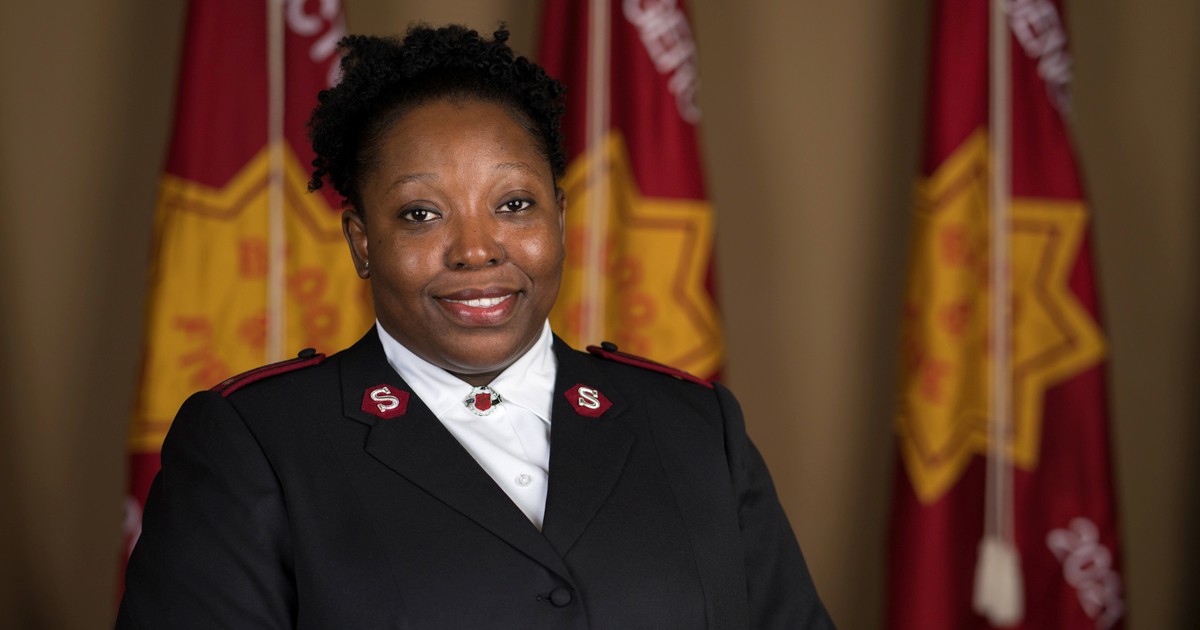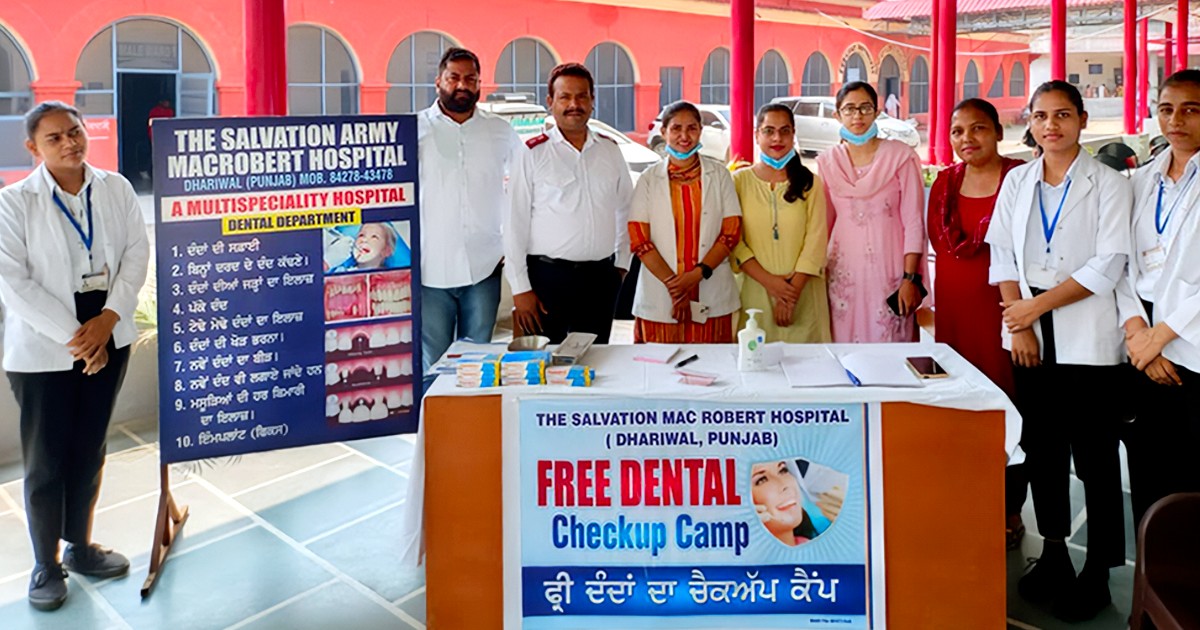The Salvation Army is taking steps to protect people from the cholera epidemic in Haiti that so far has led to 2,000 people losing their lives. Clinics and hospitals throughout Haiti report people with the disease needing treatment. The Salvation Army's Bethel Clinic in Fond-des-Negres set up a quarantine area for infected patients and additional support staff have been hired.
Other than at Bethel Clinic, The Salvation Army's response has been prevention. Soap, disinfectant, oral rehydration packets and antibiotics are being distributed through Salvation Army community centres. In the Port-au-Prince area these include the primary health clinic, the internally displaced persons camp next to the Salvation Army compound and at the College Verena primary and secondary schools. Outside Port-au-Prince the response is handled through 60 Salvation Army centres, including corps (churches) and schools.
Violence that erupted following disputed presidential elections is causing difficulties but Salvation Army staff are doing all they can to ensure vital supplies get to where they are most needed.
The prevention effort is being supported financially by The Salvation Army's Canada and Bermuda Territory and a donor from the Bahamas.
Several students at The Salvation Army's Rossignol School are reported to have died in the outbreak. A water treatment plant has been sent to Rossignol because the infection is mainly spread through contaminated water. The need for water treatment plants in all 49 Salvation Army-run schools in Haiti is being assessed.
To date, no cases of cholera have been reported in the camp managed by The Salvation Army in Port-au-Prince. Drinkable water and clean latrines are being provided in partnership with Concern Worldwide and Viva Rio, and every effort is being made to ensure the health and safety of the 13,000 people who still live in the camp.
Other than at Bethel Clinic, The Salvation Army's response has been prevention. Soap, disinfectant, oral rehydration packets and antibiotics are being distributed through Salvation Army community centres. In the Port-au-Prince area these include the primary health clinic, the internally displaced persons camp next to the Salvation Army compound and at the College Verena primary and secondary schools. Outside Port-au-Prince the response is handled through 60 Salvation Army centres, including corps (churches) and schools.
Violence that erupted following disputed presidential elections is causing difficulties but Salvation Army staff are doing all they can to ensure vital supplies get to where they are most needed.
The prevention effort is being supported financially by The Salvation Army's Canada and Bermuda Territory and a donor from the Bahamas.
Several students at The Salvation Army's Rossignol School are reported to have died in the outbreak. A water treatment plant has been sent to Rossignol because the infection is mainly spread through contaminated water. The need for water treatment plants in all 49 Salvation Army-run schools in Haiti is being assessed.
To date, no cases of cholera have been reported in the camp managed by The Salvation Army in Port-au-Prince. Drinkable water and clean latrines are being provided in partnership with Concern Worldwide and Viva Rio, and every effort is being made to ensure the health and safety of the 13,000 people who still live in the camp.









Leave a Comment